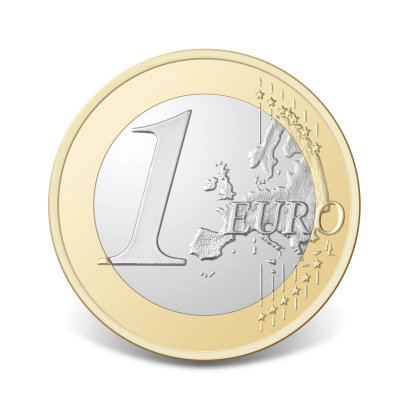Five top European Union officials responsible for economic policy recently said in a Wall Street Journal op-ed, “Our response to the crisis, which is based on an integrated approach by member states and European institutions, is beginning to deliver results.” But as MarketWatch pointed out, not everyone is convinced that Europe is on the road to economic recovery, nor that the euro crisis is turning the corner.
According to the London-based Centre for Economic Policy Research, “While it is possible that the recession ended, neither the length nor the strength of the recovery is sufficient, as of 9 October 2013, to declare that the euro area has come out of recession.” The network of European economists believes that the slight positive growth seen in the second quarter might be merely a pause in the recession that dates back to the third quarter of 2011.
Then there is François Heisbourg, a prominent French policy analyst who is head of the London-based Institute for International Strategic Studies. Previously a longtime supporter of the single currency, he now believes that the euro has become a threat to the European Union and should be abandoned, as outline in a new book titled “The End of the European Dream.”
But EU policy makers appear to be set on staying the course. That means more slashing of government debt, more structural reforms and more high unemployment in southern Europe.
Spain’s central bank said Wednesday that its two-year recession ended in the third quarter with 0.1% growth in gross domestic product. Though earlier this month the Bank of England voted to maintain its quantitative easing program, Wednesday it raised its economic growth forecast for the second half of the year.
It’s Your Money, Your Future—Own It (sponsor)
Are you ahead, or behind on retirement? For families with more than $500,000 saved for retirement, finding a financial advisor who puts your interest first can be the difference, and today it’s easier than ever. SmartAsset’s free tool matches you with up to three fiduciary financial advisors who serve your area in minutes. Each advisor has been carefully vetted and must act in your best interests. Start your search now.
If you’ve saved and built a substantial nest egg for you and your family, don’t delay; get started right here and help your retirement dreams become a retirement reality.
Thank you for reading! Have some feedback for us?
Contact the 24/7 Wall St. editorial team.



